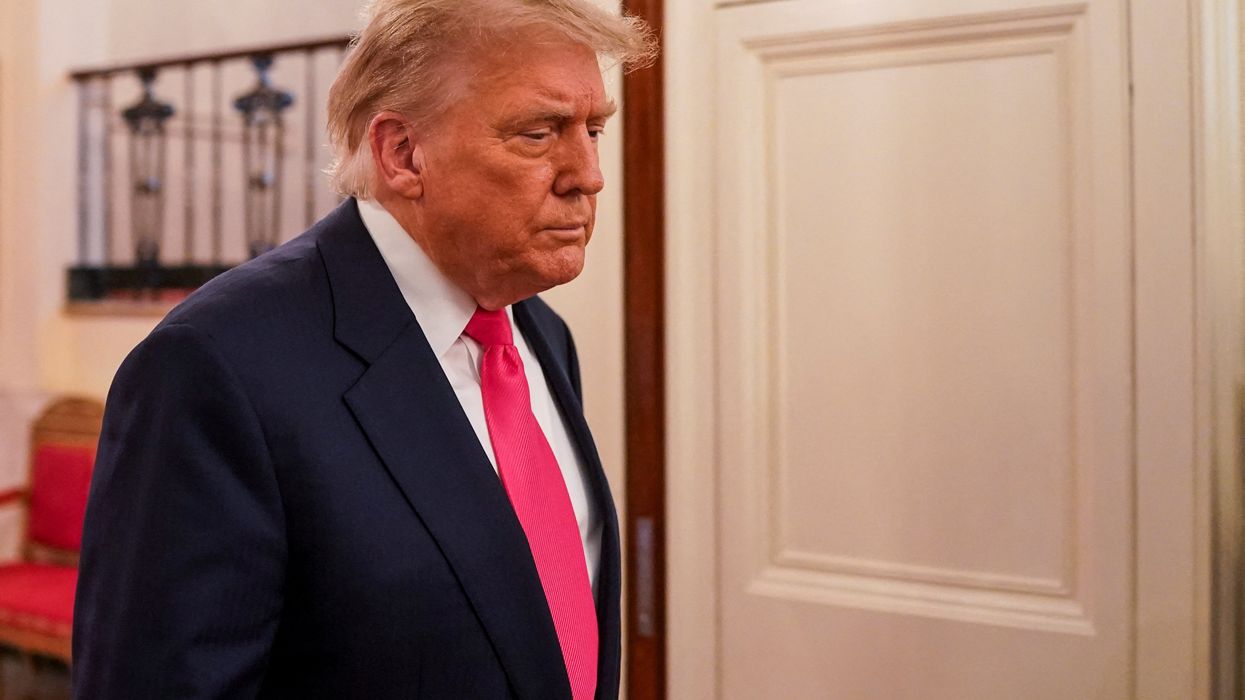Not long after losing his bid to deploy the U.S. military in Illinois at the U.S. Circuit Court level, President Donald Trump asked for help from the Supreme Court of the United States (SCOTUS). But he's already running into difficulty in the form of one of his own appointed justices.
Politico legal correspondent Josh Gerstein reported Friday that while the Court has agreed to hear Trump's case and has given the State of Illinois a deadline of 5 PM on Monday to respond to Trump, there's a catch: According to Gerstein, Justice Amy Coney Barrett declined Trump's request of an administrative stay of a lower court order preventing him from deploying troops in Illinois borders.
In legal parlance, a higher court can "stay" a lower court's order — meaning pause it while litigation plays out — if a complainant asks for one. However, the 6-3 conservative supermajority on the Supreme Court not granting Trump his stay means that his administration will be unable to have federal troops patrolling the streets of America's third-largest city.
Trump not getting his immediate administrative stay also notably comes on the day of the October 18 "No Kings" protest. Saturday's gatherings are expected to be even larger than June's demonstrations that brought out an estimated five million people on the same day as Trump's military parade.
The Supreme Court's Friday announcement comes just one day after a three-judge panel on the 7th Circuit Court of Appeals unanimously ruled against Trump on his attempt to deploy troops to Illinois. That decision — which included Trump appointee Amy St. Eve in the majority — upheld a ruling by the U.S. District Court for the Northern District of Illinois preventing Trump from putting troops on the ground in the Prairie State.
The Trump administration's lawyers argued that a troop deployment was necessary and that the federal government was up against a "rebellion" in Chicago preventing them from carrying out their duties. Judges on the 7th Circuit disagreed, and told the administration that protests and political opposition do not constitute "rebellion."
"A protest does not become a rebellion merely because the protestors advocate for myriad legal or policy changes, are well organized, call for significant changes to the structure of the U.S. government, use civil disobedience as a form of protest, or exercise their Second Amendment right to carry firearms as the law currently allows," the ruling read.


